The abandoned Apple Car shifted gears several times over the past decade, but ultimately the challenge of full self driving proved insurmountable — and continues to elude the industry as a whole.
Apple had hoped to produce a car design that would revolutionize the industry, but finally pulled the plug on its electric car dreams. While companies such as Tesla have also hoped to create a vehicle with a Level 5 self-driving system, they have sensibly opted to iterate on the idea with limited self-driving today, and the promise of Full Self Driving (FSD) in the future.
Bloomberg's Mark Gurman reports that Apple's decade-long "Project Titan" ultimately failed because faith in Apple's engineering team to solve the riddle of FSD technology turned into hubris over time.
Apple intended to leapfrog the industry with a car design so capable of full self-driving that it would have no steering wheel and no pedals. It would also look like nothing else on the market at the time.
According to Gurman, the company and its engineering team in 2014 felt invincible. Apple had revolutionized smartphones, tablet computers, and the entire music industry in the recent past — and was preparing to upend the watch industry.
In hindsight, Gurman noted that a car design that would have "still reflected Apple's design chops and be fully integrated into the company's ecosystem of products," likely made in partnership with an existing manufacturer, would have appealed to the company's fan base.
Instead, all the design work was focused around the advanced concept of a truly "driverless" car that didn't require human control. Gurman cites a source who was involved in the decision-making that compares the plan to attempting to "skip all the early iPhone models and jump right to the iPhone X."
Apple executives understood the folly of their "big bet" a few years ago, but had already spent billions chasing the original vision.
Even if the engineering department had come up with a full self-driving breakthrough, the project's cost, profit potential, and cost to the consumer — rumored to be over $100,000 — became unsustainable.
 Charles Martin
Charles Martin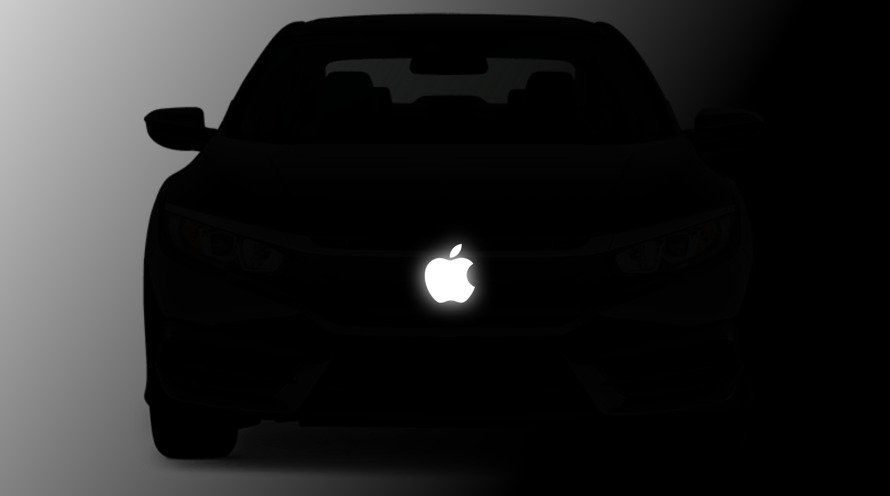
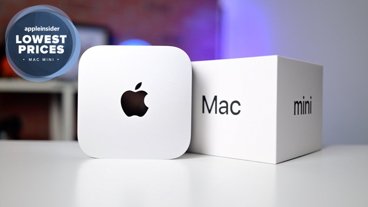
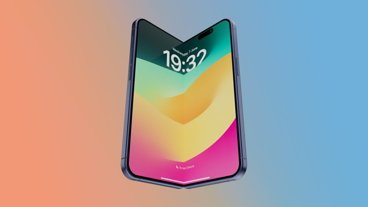
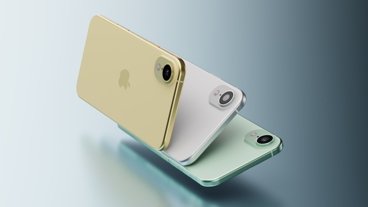
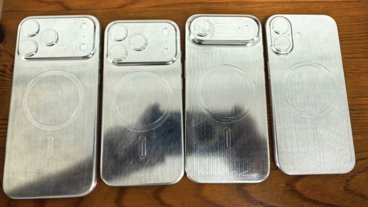



-m.jpg)






 William Gallagher
William Gallagher
 Chip Loder
Chip Loder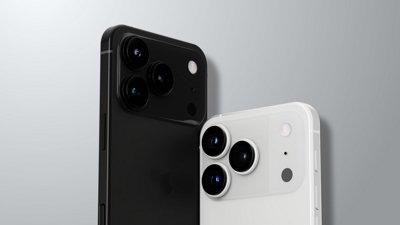
 Wesley Hilliard
Wesley Hilliard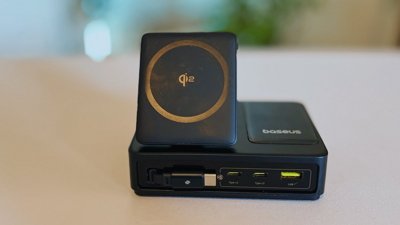
 Amber Neely
Amber Neely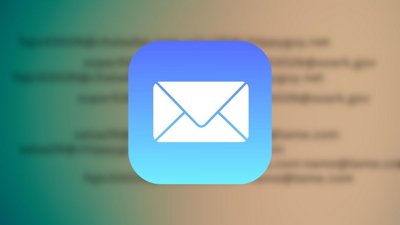
 Marko Zivkovic
Marko Zivkovic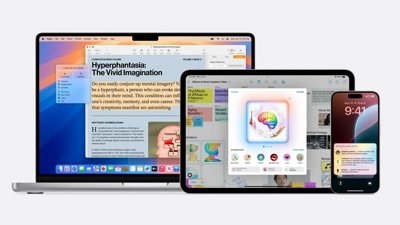
 Malcolm Owen
Malcolm Owen
 Andrew O'Hara
Andrew O'Hara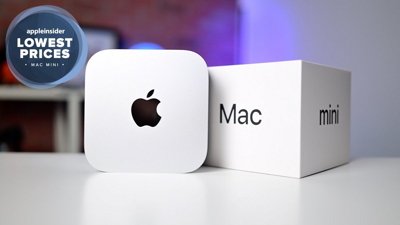
 Christine McKee
Christine McKee








21 Comments
Just a question:
If you are running to hit a wall or the fall in a risk… and stop before that happening… Would you call that a ‘failure’ or a ‘wise decision’?
Oh… I forgot! Blaming Apple or showing that Apple fails… brings page views to your site… a.k.a. ad revenue.
I do not understand why everyone is so upset about the cancellation of Project Titan. The pullback of the automotive industry away from EV vehicles, due to lack of infrastructure to support them is one factor. The hope of having FSD mode in an automobile has proven to be a harder problem to solve than previously thought.
“Failure” is many times the best path to success. Not every project that Apple embarks upon results in a new product that is successful. We know for a fact that there have been many projects at Apple that have never seen the light of day. There are also products that had very limited markets, and were discontinued.
Thomas Edison said that invention is 1% inspiration and 99% perspiration. It takes a lot of work to make a product come from nothing to reality. It turns out that Project Titan may have had great inspiration but still needed a lot of work before it could ever become viable product for Apple.